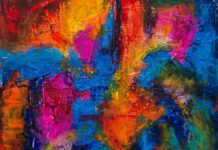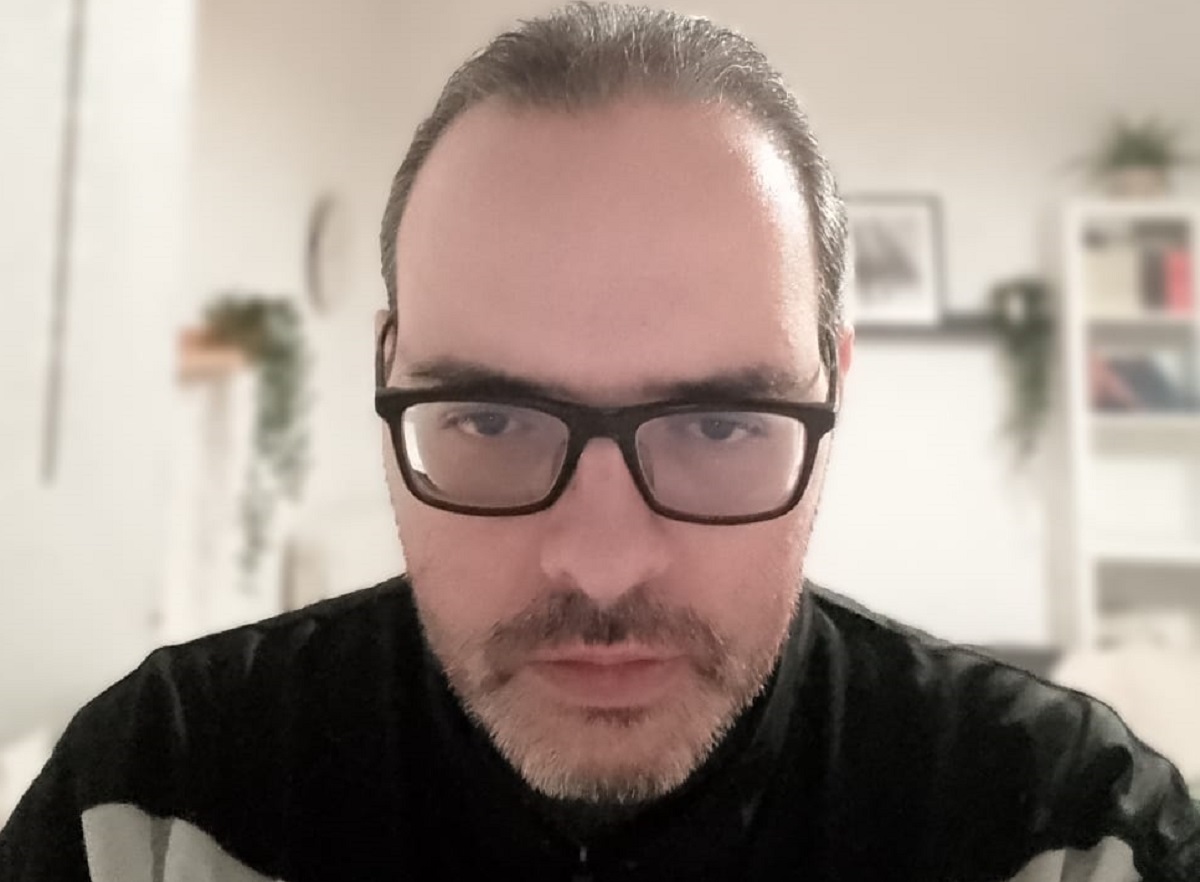Interviewed by Rajesh Subramanian
Could you share some of your most memorable experiences with your late husband, Milorad Pavic, as a literary co-traveler?
Our literary cooperation was actually a creative game and a game of constant seduction. It was based on the intention of impressing one another, and winning one another’s love. It was also founded on the desire to impress, seduce, and win over our readers, which is ultimately the goal of every author.
Here is a literary anecdote: Pavic was constantly telling me that you can order a work of art from an author just like from any master craftsman. And that you always could. I was strongly opposed to that point of view; it seemed like a trivialization of the divine. But at one point I made up my mind and ordered a story from him. The conditions were these: I had to be the heroine, I wanted to chose in real life the house in which the story was to take place (I wanted a virtual real estate), and if I liked the story – I would pay for it! “How much is the fee going to be?” – Pavic asked. “It’s a secret” – I replied.
One month later he grandly informed me that he had written the story. I lay down on the sofa and closed my eyes. The envelope with the money was in my hand. Pavic settled into an armchair and started to read. At the end of the reading, in tears, I handed my husband the envelope. Curious, he peeked inside. Then he frowned. The sum was just enough to buy a jacket!
I still have that jacket.
And the story was called “Tunisian white cage in the shape of a pagoda”.
Do you feel hyper-fiction would survive the test of time and would remain appealing to literary readers in future? How do you justify the format of hyper-fiction?
Hyper-fiction is the artistic response to technological development. Honestly, I don’t know what will happen to it. I personally believe it’s a blind alley because the modern reader and the modern man no longer have time to play. They only have time to google. Artistic homo ludens is a characteristic of man, not of androids. Civilization is already android, that is not science fiction. It’s reality.
What has been the influence of Milorad Pavic on your writing style and techniques?
I personally think there is no similarity between Pavic’s style and mine. I look to the future and modern phenomena; he looked to the past, the mythical, the eternal. Regarding writing technique, that was no help either, watching a daily technical routine. Authors when creating are two great solitudes. Almost untouchable. You can discuss ideas, doubts, obstacles with someone, but that will not be of much help at all when you face your own creative work.
For instance, Pavic wrote slowly, changed words and sentences, frequently read what he had written out loud, to hear how it sounds; I write quickly, the whole structure and concept are in my head, if I change a single word it all falls apart. Somehow I already have the complete mental hierarchy; any changes or alterations mar the text.
As a critic, how would you describe your works of fiction?
I am primarily a storyteller and essayist, I struggle with novels. My entire prose is autobiographical and travelogue. Travels are my initiations for writing. But all those stories of mine have a plot, a specific energy, the characteristics of a thriller or horror in their tension. I am interested in objects, structures of towns, secrets. Perhaps the only similarity between Pavic and me is that we have been interested in – secrets! Metaphysical and physical.
Do you feel more creative at being a fiction writer or as a critic?
I feel best as an essayist. A kind of female anthropologist at that, who from a different, literary, not purely scientific angle observes the phenomena of the past, the present and the future.
Milorad Pavic experimented with various structures/forms of storytelling. Forms are external constructions. But what do you think is the soul of any piece of fiction?
I think that God, the Soul, Universal Energy, Panspermia are in every work of art. Particularly in great works of art. That is what magically draws the public to art. That is what guides the writer’s hand and thoughts while he writes. If we look at things that way, then a creator is never truly alone in his creative solitude.
Do you believe in very lengthy works of fiction? What according to you, is a reasonable size of a short story and a novel?
Ah, that depends on the reader. On what he heeds at a specific moment or time in his life. Also, what he needs in a specific era. Today, when the whole world is faster-paced, one person needs “haiku” stories, another needs lengthy novels, sagas, some readers turn to poetry to find concentrated emotions. Many choose to watch quality film series as replacements for the long novels from before. I personally believe that no art has found the formula for the 21st century. And maybe that’s a good thing. To remain old-fashioned, classical in the best sense of the word.
What have been the influences of European mythologies and histories on your journey as a creative writer? Do you feel a writer draws a lot from the past or from the present?
Mythology, of any culture, is an inexhaustible mine, forever, for any creator. Mythology is an unlimited ecologically sustainable resource. In the books I write I have been interested in the meeting of the ancient ant the hyper-modern. How they connect, separate, merge into one another. In Pavic’s writing, though, I found it unusual that some of his novels, for example “Unique Item”, are not set in any specific time. Their temporal identification constantly eludes you. The “Dictionary of the Khazars” has a clear delineation between three times, three epochs, and yet you have the time of dreams, as some kind of omnitime or absence of time.
Travels, which have always been the driving force behind my creative work, also seem to me as an absence or omnipresence of real time. Travels for me are the equivalent of freedom from time.
How do you foresee the future life of fiction?
Literature will exist only as an exclusive, luxury item for the select, for the world elite. All other writing will be reserved for subways, airport waiting rooms… Even the book itself, as an object, will be expensive.
Could you please share your current literary projects and the ones that are in the pipeline?
I have returned to essays. Anthropological essays, if I can put it that way. I am also interested in dreams. Mine and other people’s. I believe that they store other dimensions, parallel worlds, which we are not yet aware of in a modern way. I also believe that dreams, like the body, are an evolutionary category.
About Jasmina Mihajlovic :












